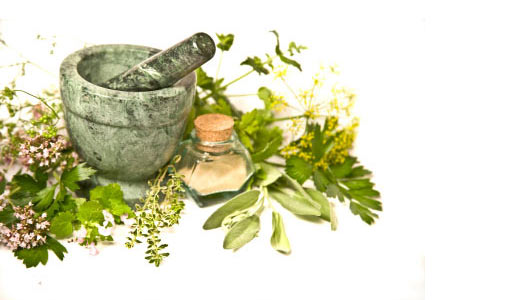Chinese Herbal Medicine
Chinese Herbal Medicine is one of the great herbal systems of the world, with an unbroken tradition going back to the 3rd century BC.
Yet throughout its history it has continually developed in response to changing clinical conditions, and has been sustained by research into every aspect of its use. This process continues today with the development of modern medical diagnostic techniques and knowledge.
Because of its systematic approach and clinical effectiveness it has for centuries had a very great influence on the theory and practice of medicine in the East, and more recently has grown rapidly in popularity in the West. It still forms a major part of healthcare provision in China, and is provided in state hospitals alongside western medicine.
Chinese Herbal Medicine, along with the other components of Chinese medicine (Acupuncture, Tuina, Shiatsu, Qigong and Tai Chi ( exercises in breathing and movement), dietary therapy), is based on the concepts of Yin and Yang and the Five Elements. It aims to understand and treat the many ways in which the fundamental balance and harmony between them may be undermined and the ways in which a person's Qi or vitality may be depleted or blocked. Clinical strategies are based upon diagnosis of patterns of signs and symptoms that reflect an imbalance.
However, the tradition as a whole places great emphasis on lifestyle management in order to prevent disease before it occurs. Chinese medicine recognizes that health is more than just the absence of disease and it has a unique capacity to maintain and enhance our capacity for well being and happiness.
If appropriate I will use other modalities of Chinese medicine on top of Chinese Herbal Medicine, namely: Shiatsu, Dietary Therapy and Qigong.
Chinese Medicine

